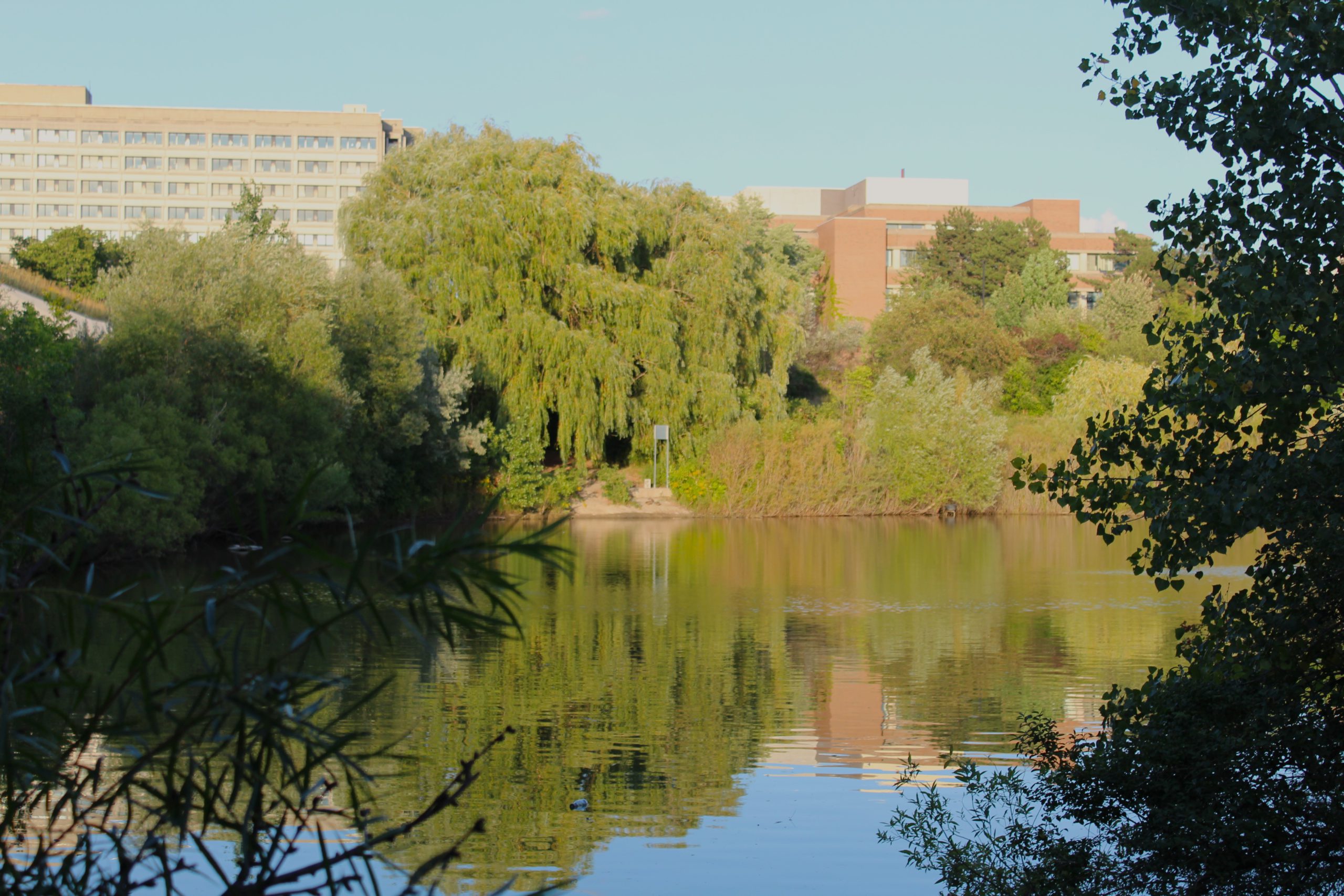If you’re cold at Glendon College, soon you’ll be able to get warm with a new sustainable heating system.
In December, it was announced that Glendon College will implement a heating system for the campus’ buildings known as Wastewater Energy Transfer (WET). The system would capture heat from underground pipes used to dispose of wastewater from sources like showers and dishwashers. Those water sources are typically already heated, but that heat is usually lost when the water is disposed of.
York’s Chief Sustainability Officer Mike Layton, who holds a master’s in environmental studies from the university, first detailed the plan in a news release. “Water running through heat pipes is essentially wasted energy. This initiative gives us the opportunity to harness that energy for something tangible,” he explained.
Layton, who has served as chief sustainability officer since March 2023, was previously a Toronto City Councillor from 2010 to 2022.
The technology will be implemented by Toronto-based company Noventa Energy Partners Inc., who signed a memorandum of understanding (MOU) with York in December.
The university hopes to reach net-zero emissions by 2040, and Layton believes the wastewater plan represents significant progress toward that goal. It could reduce greenhouse gas emissions by up to 25,000 tonnes per year, and will “make Glendon York’s first net-zero campus within our multi-campus network,” he says.
“2023 was the hottest year on record. Global temperatures were 1.48 C warmer than pre-industrial averages,” laments Layton. He believes that while the university is positioned within a larger context that includes governments who should be paying attention to climate change, York should do its part as well.
The plan also has academic benefits for the university. York says the new heating system will function as a “Living Lab” — a concept where ideas and concepts are explored and applied in the real world. This will open numerous opportunities for research and experiential learning for students and faculty.
Explaining the benefit of this model, Layton wrote that it will create “opportunities for our students, faculty, and researchers to play an active role in expanding our collective understanding of circular energy.”
That collective understanding is an important theme for Layton. Speaking to Excalibur, he reiterates that “it will take a whole-institution approach to meet our 2040 net-zero goal. We all play a role and our individual actions will support our collective success.”

